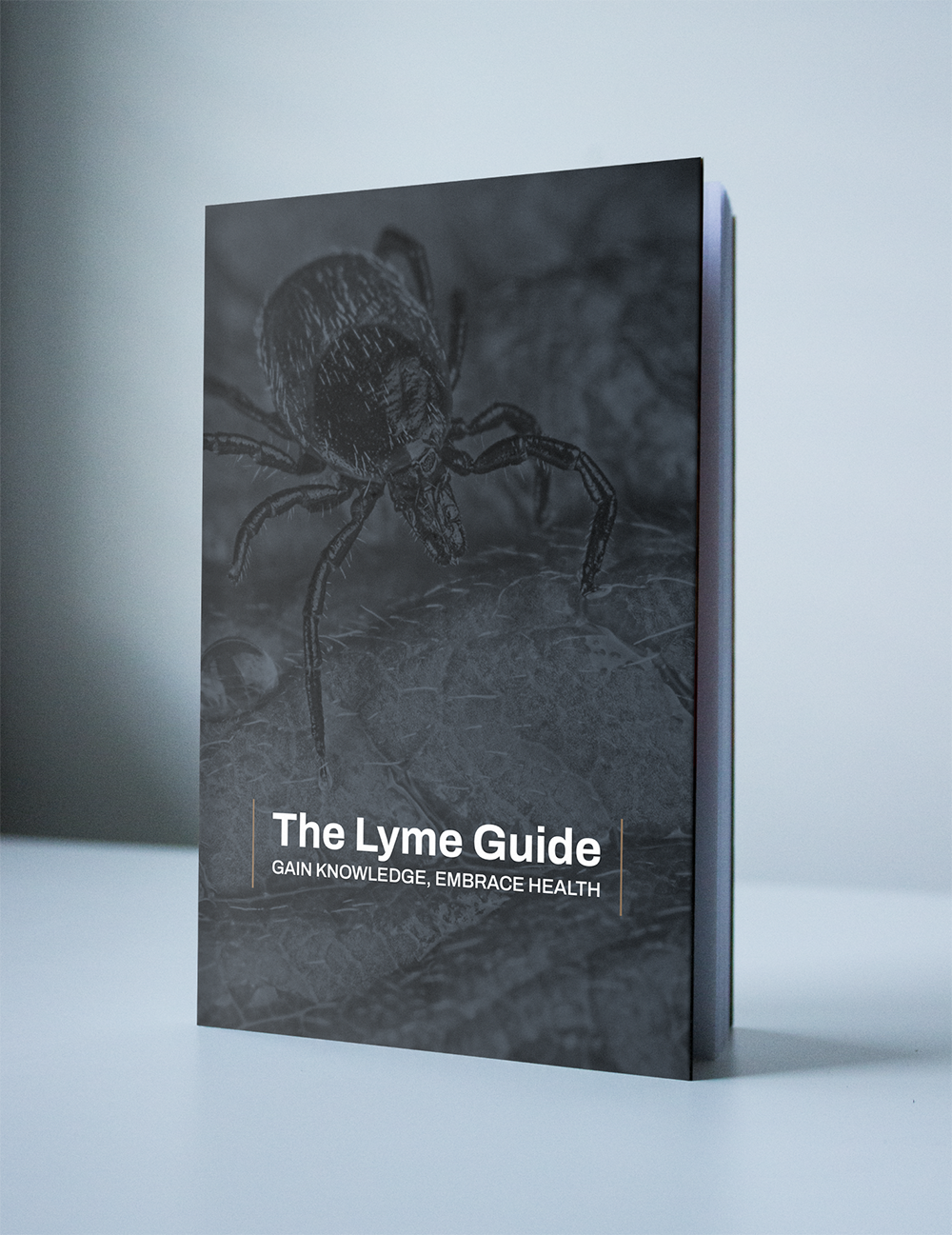Babesia
Babesia is a parasite that infects red blood cells. This parasitic infection is primarily transmitted by a tick bite but can also be acquired through a contaminated blood transfusion. There have been rare reports of congenital transmission of Babesiosis.
Babesia and Lyme Disease
Babesia is often present with Lyme disease and can increase the severity of Lyme disease symptoms. Patients co-infected with Lyme disease and Babesia, may experience more severe fatigue, headache, sweats, chills, anorexia, emotional lability, nausea, conjunctivitis, and splenomegaly compared to those with Lyme disease alone. Babesia can also increase the duration of illness with Lyme disease, with 50% of co-infected patients being symptomatic for three months or longer, compared to only 4% of patients with Lyme disease alone.
Symptoms of Babesia
Symptoms of Babesia typically include:
- Headaches
- Fatigue
- Fevers, night sweats
- Shortness of breath, air hunger, cough
- Anxiety, depression, emotional lability
- Nausea, vomiting, low appetite, abdominal pain
- Joint pain, muscle pain
- Vivid dreams
- Enlarged liver and spleen
Testing and Treatment for Babesia
Current testing for Babesia can be unreliable, with the parasite detected microscopically in as few as one-third of patients. Specific amplifiable DNA and IgM antibody tests are more likely to be positive, but the reliability of these tests in practice remains to be determined.
If someone is experiencing chronic fevers, sweats, chills, fatigue, headaches, and shortness of breath, Babesia testing should be performed. General laboratory tests may detect anemia, low platelets, and elevated liver enzymes.

















































